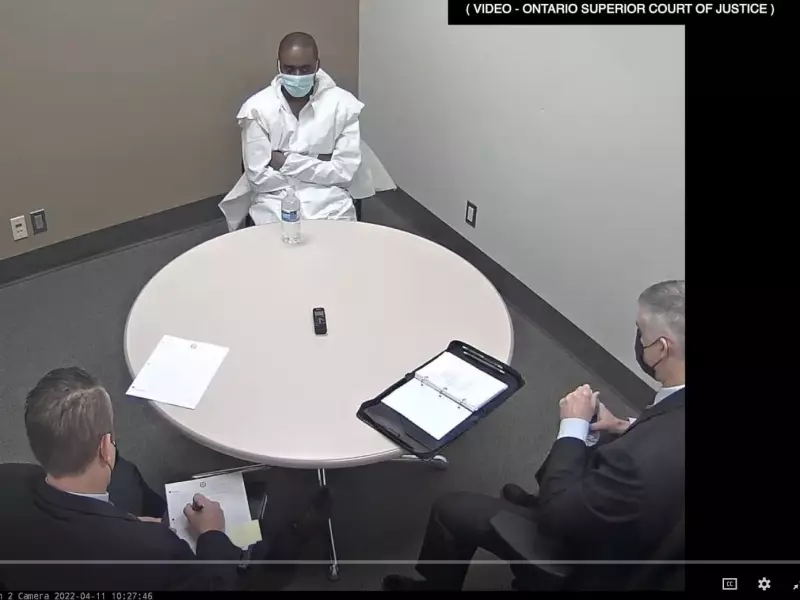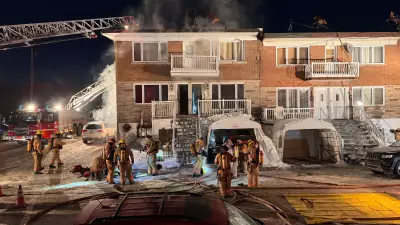
Toronto is grappling with an alarming surge in random violent attacks that has left residents questioning their safety in public spaces. According to a prominent forensic psychiatrist, there's a disturbing common thread among perpetrators: they know exactly what they're doing is wrong.
The Chilling Reality of Random Violence
Dr. Julian Gojer, a respected forensic psychiatrist who has evaluated numerous offenders involved in random attacks, reveals that these individuals typically understand the criminal nature of their actions. "They know it's wrong," Dr. Gojer states emphatically, challenging assumptions about mental incapacity in such cases.
Recent Cases That Shook the City
The city has witnessed several high-profile incidents that illustrate this troubling pattern:
- The Umar Zameer case, where an off-duty police officer was killed
- Multiple random push attacks in subway stations
- Unprovoked assaults on strangers in public areas
- Violent incidents in broad daylight
Understanding the Criminal Mind
Dr. Gojer's analysis suggests that many perpetrators of random violence demonstrate clear awareness of their actions. "They make conscious choices," he explains, noting that substance abuse often plays a significant role in lowering inhibitions and enabling violent behavior.
The Substance Abuse Connection
In numerous cases evaluated by Dr. Gojer, drugs or alcohol were contributing factors. However, he emphasizes that intoxication doesn't necessarily negate criminal responsibility when individuals voluntarily consume substances knowing they might lead to violent behavior.
Legal Implications and Public Safety
The psychiatric insights have significant implications for how the justice system handles these cases. If perpetrators understand the wrongfulness of their actions, they may be held fully accountable under criminal law.
This understanding also affects public safety strategies, suggesting that addressing substance abuse and mental health issues proactively could help prevent some random attacks.
A City on Edge
Toronto residents have become increasingly vigilant following multiple high-profile random attacks. The psychological impact on community members is profound, with many altering their daily routines and avoiding previously safe public spaces.
Dr. Gojer's analysis provides crucial context for understanding this disturbing trend, offering both sobering realities and potential pathways toward solutions.





